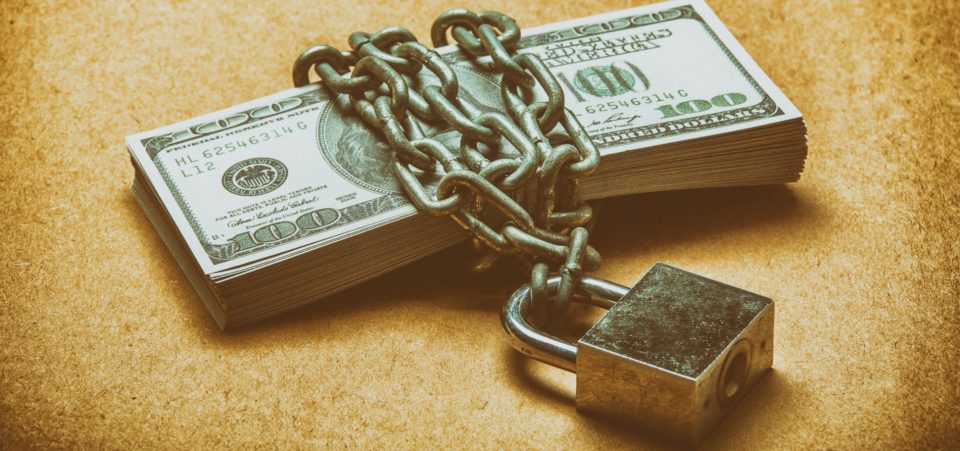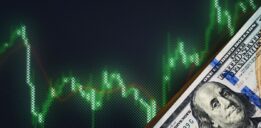Lehman Brothers Collapse 10 Years Ago Led U.S. into a Financial Crisis
On September 15, 2008, just about a decade ago, Lehman Brothers Holdings Inc., a well-known financial institution, collapsed as it filed for bankruptcy. This sent waves of uncertainty across the globe. A financial crisis was upon us.
Why? Because no one really expected a behemoth bank like Lehman Brothers to collapse.
I personally will not forget that day. I can clearly remember how things turned out: investors panicked, stock markets tumbled, and all of a sudden, we started to hear questions like, “Will other banks collapse, too?”
News channels ran stories about how Americans were lining up in front of the banks to take their money out. Bank runs were also a possibility.
Mind you, at that time, the U.S. economy was already in a recession. Unemployment was increasing. It was so bad that then-President George W. Bush had to try to calm Americans.
“I know Americans are concerned about the adjustments that are taking place in our financial markets,” Bush said during a news conference. “At the White House and throughout my administration, we are focused on them, and we are working to reduce disruptions and minimize the impact of these financial market developments on the broader economy.” (Source: “President Bush Statement on Economy,” C-Span, September 15, 2008.)
About a week later, Bush had to address the nation again. There was too much going on with global financial markets reeling from the collapse of Lehman Brothers. I remember listening to the address very carefully and asking, “What’s next?”
In that address, Bush promised funding. He pretty much said, and I paraphrase: “The U.S. government will do whatever it can to save the U.S. financial system and the economy.”
From there, the Federal Reserve stepped up. It started to print money and dropped its benchmark interest rate to zero.
We have come a long way since. There’s really no panicking at the moment. In fact, investors are bullish and have driven the U.S. stock market to all-time highs.
The U.S. economy looks like it’s back on its feet. If you look at the gross domestic product (GDP) growth rate, it looks solid on the surface. Unemployment is hovering around the lowest level in decades and corporate profits are rising.
Are We Financial Crisis-Proof?
However, one has to wonder if we are financial crisis-proof. Sadly, we may not be.
Do you know what caused the collapse of Lehman Brothers, ultimately plunging the entire global financial system into crisis? It was derivatives.
Derivatives are essentially contracts between two parties that are based on some asset. During the crisis of 2008, it was the derivatives on the U.S. housing market that created all the mess.
And it looks like we haven’t really learned much. The value of derivatives has soared since the last crisis. For perspective, in the first quarter of 2006, well before the Great Recession, the top 25 U.S. banks had derivatives with a notional value of $109.75 trillion. (Source: “OCC’s Quarterly Report on Bank Derivatives Activities First Quarter 2006,” Comptroller of the Currency Administrator of National Banks, last accessed September 6, 2018.)
In the first quarter of 2018, the notional derivative amount was $203.8 trillion. And guess what? About 76.3% of these derivatives were based on interest rates—about $155.49 trillion.
While we are at it, you should know that interest rates are going higher. And with rates going higher, is it possible that some of these derivatives could go bad? It’s very possible. And this could put banks in the line of fire once again. Banks are so interconnected that if one fails, it impacts the whole financial system and could lead to another financial crisis.
The next financial crisis may be bigger than the last one, and we may not be financial crisis-proof.






